The Department of Civil Servant Development (DCSD) of Taipei City organized a seminar titled “Focus on Sustainability, Innovative Actions” on July 5th.
The event was hosted by Mr. Tai-hsing Lee, the Chief Sustainability Officer(CSO) of Taipei City, and Dr. Francis Yi-Chen Lan, President of Fu Jen Catholic University. Distinguished guests included Josef Konvitz, Chair of the PASCAL (Place and Social Capital and Learning) International Observatory; Michael Osborne, Professor at the University of Glasgow’s School of Education; Germán Alvarez Mendiola, Professor at the National Polytechnic Institute of Mexico’s Advanced Research Center; and Shilong Zhao, Director of Taipei City Government’s Department of Information Technology. The seminar focused on sustainability, innovation, and lifelong learning, engaging in cross-national and cross-disciplinary dialogues. The goal was to take steady steps toward talent development and envision a sustainable future. The seminar commenced with beautiful performances by students from Wanfu Elementary School, known for their traditional artistic skills. Students skillfully manipulated devil sticks and performed various tricks on unicycles, demonstrating the rich cultural heritage and vitality of traditional arts. Tai-hsing Lee, emphasized that our choices and actions today directly impact the prosperity and sustainable development of future generations. Taipei City is committed to being at the forefront of taking actions to tackle climate change. In 2021, on World Earth Day, Taipei officially declared its commitment to achieving net-zero emissions by 2050. The city has outlined four key strategies: “Cooling City,” “Green Transportation City,” “Resilient City,” and “Net-Zero New Life,” fostering collaboration between public and private sectors and international cooperation. Josef Konvitz highlighted the importance of interdisciplinary talents and technology application. Professional talents for risk management in sustainable urban development is a needed but hard to develop ability, therefore, the partners are needed to collaborate to tackle the challenges. Germán Alvarez Mendiola emphasized creativity and public-private collaboration as keys to nurturing sustainable talent. Michael Osborne reaffirmed PASCAL’s dedication to the United Nations’ sustainable development goals in the face of environmental changes. Finally, Shilong Zhao, showcased the effective use of innovative technology in urban governance, positioning Taipei as an international tech hub with a focus on “Smart City,” “Open Source Codes,” “Digital Inclusion,” and “Common Interests.” Opening its gate to the world. To connect Taipei city internationally and showcase its efforts, the seminar invited representatives from various city departments, including the Department of Civil Affairs, Department of Education, Hakka Affairs Commission, Indigenous Peoples Commission, Department of Information Technology, and the Vocational Development Institute. These departments highlighted Taipei’s initiatives in sustainable talent development and lifelong learning. Notably, a group of like-minded students formed a computer association, actively participating in the seminar’s exhibition alongside the Taipei City Hackathon competition. Their enthusiasm and focus on sustainability impressed international scholars. In closing, Director Ya-Jiuan Ho, of the Department of Civil Servant Development emphasized that nurturing talent across domains is crucial for a great city’s sustainable journey. The DCSD promotes the empowerment of cross-function talents, and actively facilitates cross-national and cross-disciplinary dialogue, bringing together experts and scholars from various fields to exchange experiences and find solutions. Today’s seminar, held both physically and online, allowed public servants from Taipei, central government, and other municipalities to learn together. Through international exchanges and collaborative learning, we hope to enhance communication and cooperation for a better world.
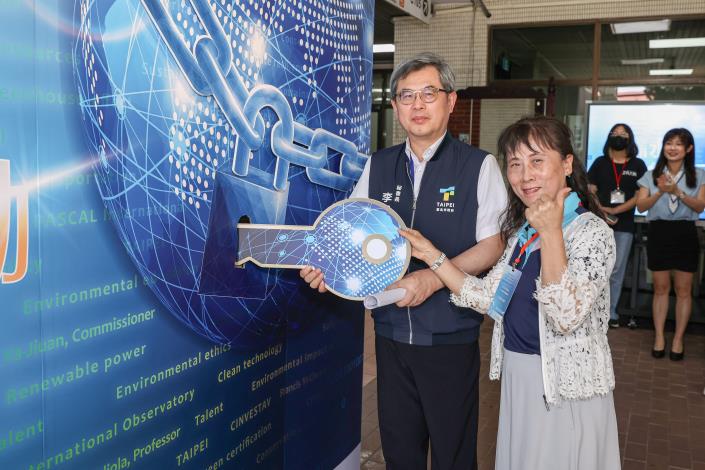
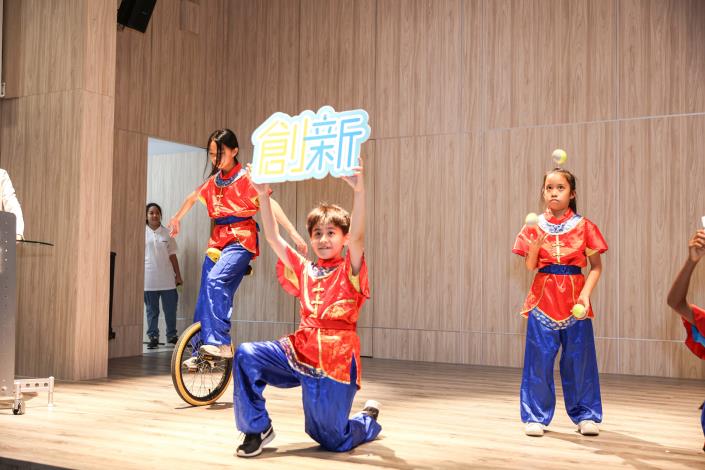
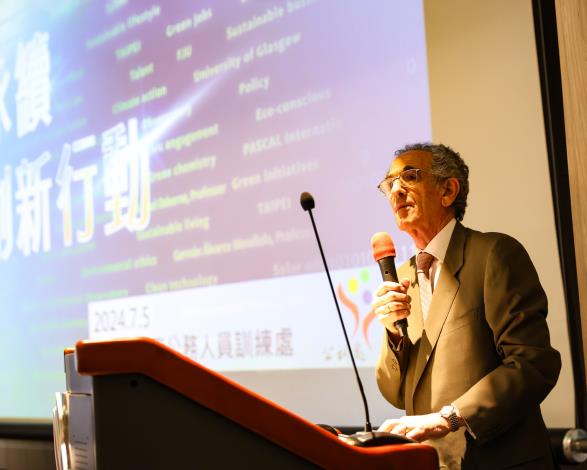
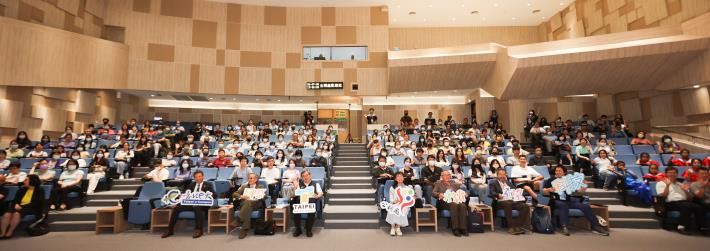
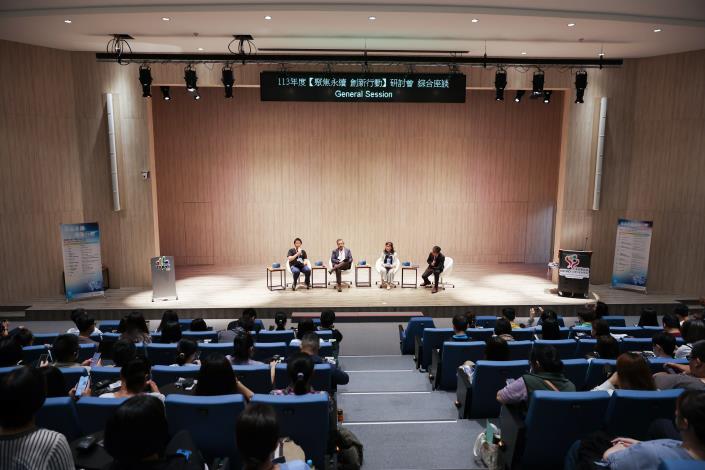
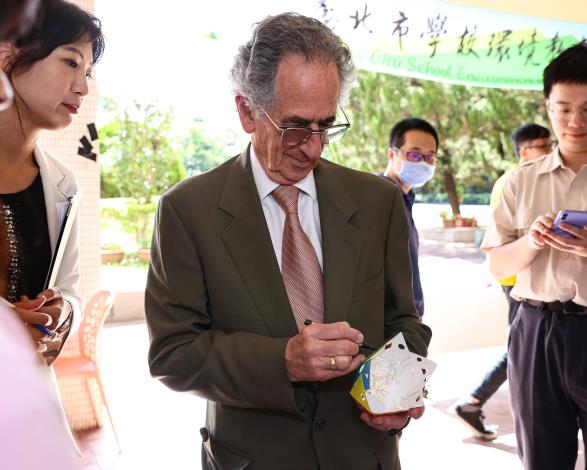
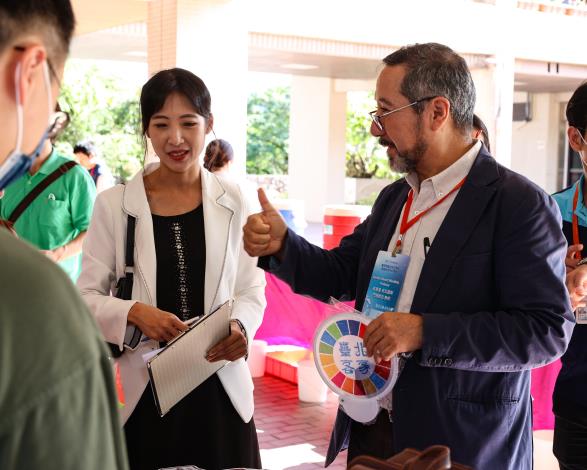
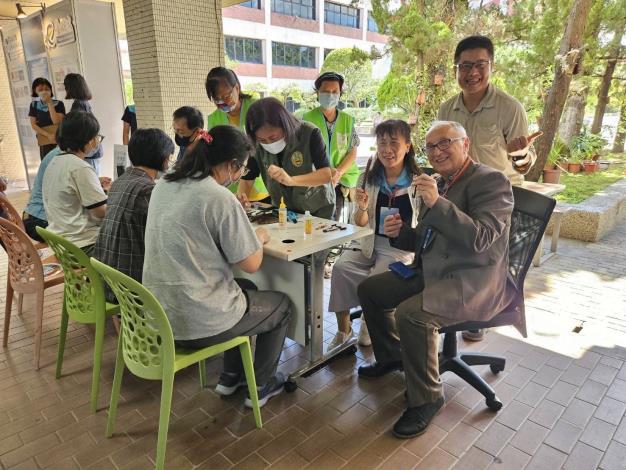

![Taiwan.gov.tw [ open a new window]](/images/egov.png)
